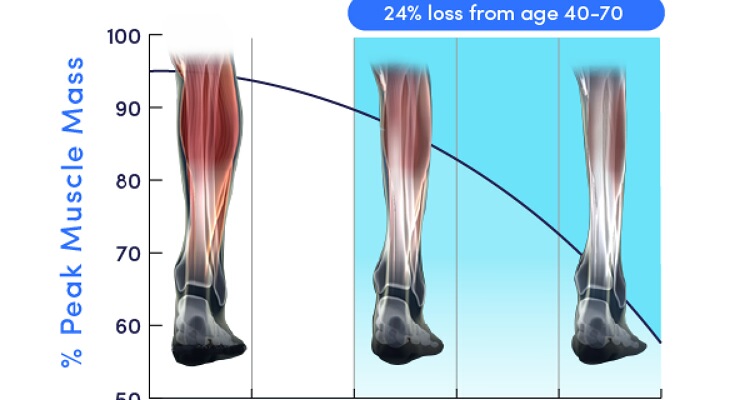Muscle mass decreases with age. The muscles also get flabby and weak. Strengthening exercises help. But fueling them properly is also equally important. Which foods should one consume in order to overcome the flabbiness of muscles with age?
Old age and muscle mass
We all know that as age advances, muscle power and muscle mass both decrease. This leads to weakness in strength of the muscles. Tasks become difficult to do and complete. There is softness of muscles and they become flabby. The skin over them also wrinkles and tightness of both muscles and skin is lost.
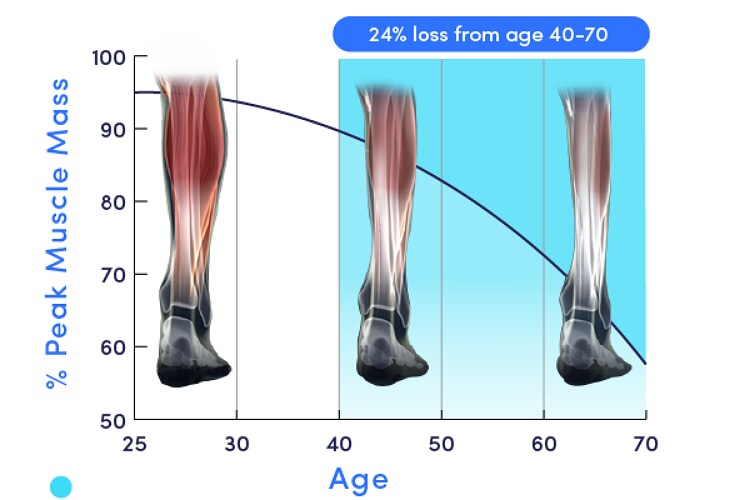
Besides cosmetic reasons, this loss of muscle tissue also leads to frailness and fatigue. Holding one’s weight also becomes an uphill task. Falls become frequent and these result in injuries and fractures of the already weakened bones. Their healing is slow and can cause loss of mobility. A vicious cycle sets up and complicates matters. This sarcopenia starts from age 40 years and continues for further lifetime of the person.
How to prevent and reverse sarcopenia?
The good news is that one can prevent this muscle loss and also reverse it in the early stages. Proper strengthening exercises and training can greatly assist in improving the muscle strength and getting back the power.
But all this will be effective only with the right fuel for the muscles. Eating habits should be healthy and conducive for repair of the losing muscles with age. Dr. Matt Tanneberg is a sports chiropractor and he believes that three things help here:
-Right amount of calories
-Right amount of good quality proteins
-Right timing of these nutrients especially before and after workouts.
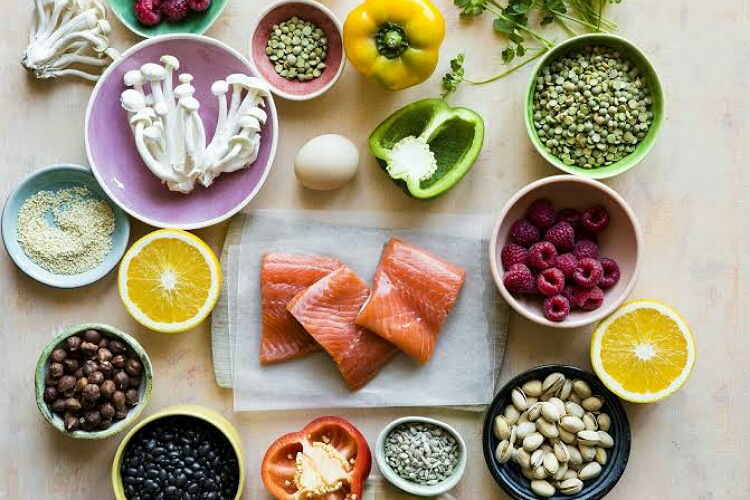
Matt says:
“Muscle growth is directly linked to nutrition and is impacted negatively when your nutrition isn’t supplementing your body properly,”
Steps for reversing dwindling muscle strength
Often, people who want to lose weight restrict calories. But this can negatively affect the muscles. Hence do not starve your muscles of the calories they need. Have enough and right proportions of macronutrients in the diet. Dietitian Amy Goodson opines:
“It’s important to have adequate calories in your diet and actually a caloric surplus, if you’re looking to gain muscle weight,”
Matt adds:
“While protein is the fuel for muscles, you still need to eat a balanced diet with enough carbohydrates and fats to optimize your nutrition for muscle growth,”
Have proteins with every meal. Another dietitian, Elizabeth Ward states:
“Most people eat the bulk of their protein at dinner, but research suggests that it’s easier to build muscle tissue when protein intake is spread throughout the day,”
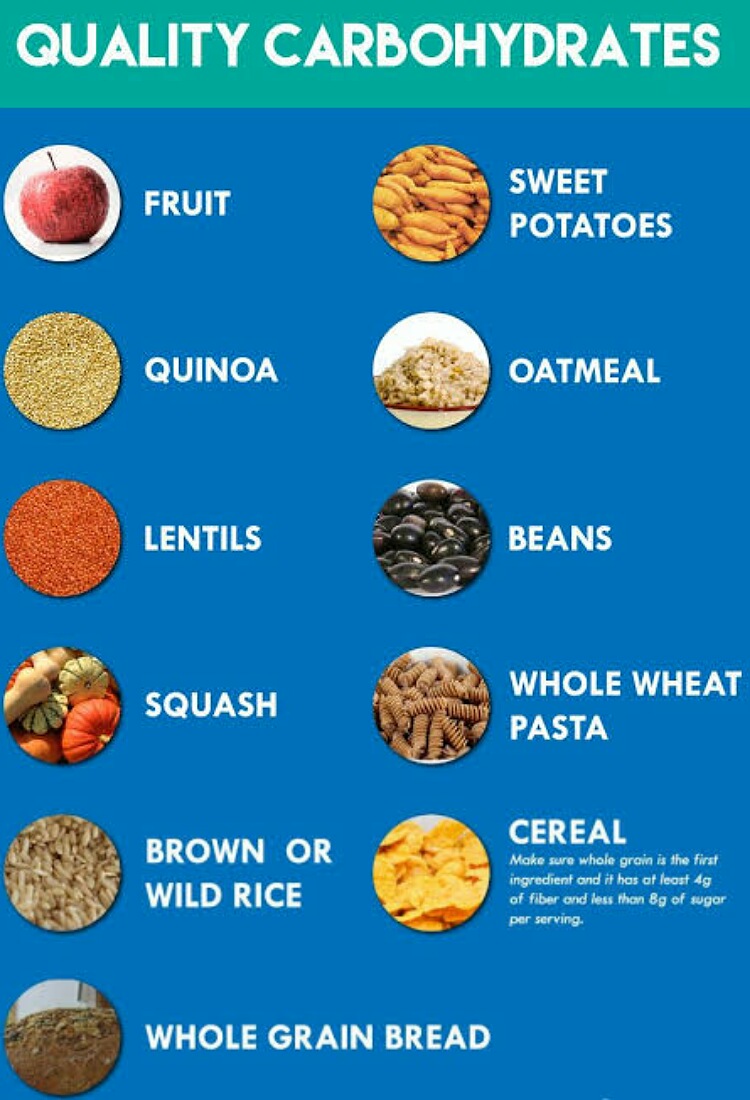
Prefer complete proteins. Elizabeth explains:
“Lean animal foods, such as eggs, lean beef, poultry, and seafood as well as low-fat dairy foods, such as cottage cheese, milk, and Greek yogurt, are excellent sources of complete protein. [This] means they contain all of the amino acids that the body needs to build muscle,”
“In addition, animal foods are rich in the amino acid leucine, which triggers muscle cell production.”
Also, read Romaine lettuce: nutritive value, uses, health benefits and comparison with spinach!
Plant sources of proteins such as tofu, edamane, legumes are also good. Add high quality carbs and whole foods. Have a pre-workout snack and also after the workout.
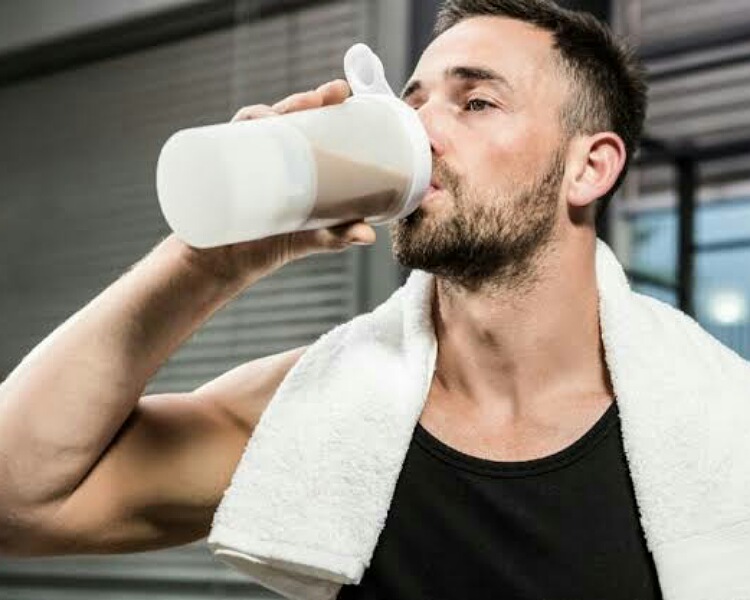
Matt gives details:
“Ideally, you have a whey protein shake or equivalent source of protein within 15–30 minutes after your workout,”
“Chocolate milk is great post-workout because it has a perfect balance of carbs, fats, and proteins for muscle recovery.”
